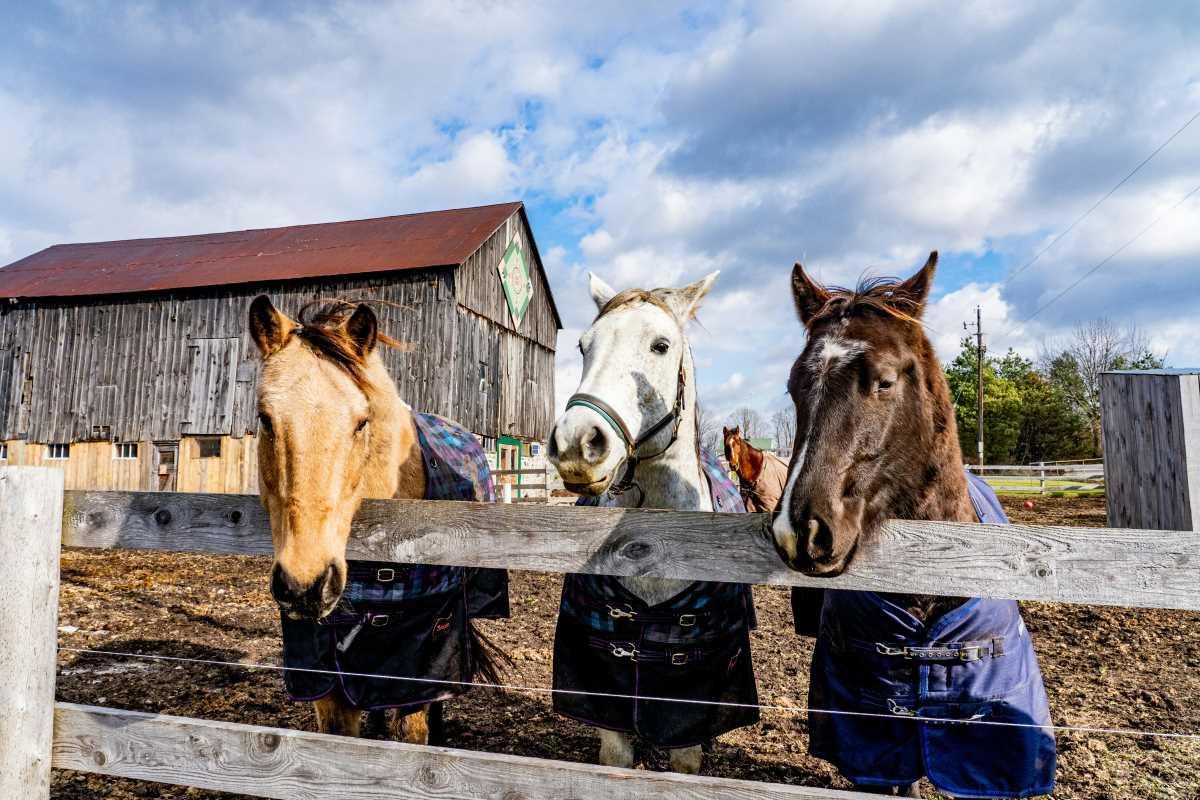The relationship between animal trainers and their animal companions is far from a simple professional interaction. It is a profound emotional connection that plays a significant role in the mental, emotional, and physical health of both parties. Beyond the training sessions, this bond often evolves into a meaningful partnership, fostering an environment that benefits the well-being of the trainers. From stress reduction to improved physical fitness, the act of bonding with animals can lead to a more fulfilling and balanced life for animal trainers. Let’s explore how this unique relationship can positively impact their overall health.
Stress Reduction and Emotional Health
One of the most profound benefits of bonding with animals is the reduction of stress. Studies have shown that spending time with animals can significantly decrease cortisol levels, the hormone linked to stress, and stimulate the production of endorphins, the body’s natural "feel-good" hormones. For animal trainers, this means that regular interactions with their animal companions can help alleviate the pressures of daily life, creating a calmer and more relaxed state of mind.
For trainers dealing with the demands of the job, such as managing multiple animals, handling training challenges, or meeting client expectations, the presence of a supportive animal companion offers a much-needed respite. The act of playing with, petting, or simply being in the presence of an animal can serve as a powerful stress reliever. This results in a more balanced emotional state, which can also improve their ability to handle work-related pressures.
Enhanced Social Interaction and Sense of Belonging
Bonding with animals also enhances the social life of animal trainers. Animals are known for their ability to offer unconditional love and companionship, which can help reduce feelings of loneliness or isolation. Trainers who work long hours or those in rural areas may experience social isolation. In these cases, their bond with animals provides a consistent and fulfilling source of connection.
The emotional support provided by animals can bolster the confidence and self-esteem of their human counterparts. The companionship of an animal often leads to a greater sense of belonging, particularly when they experience a mutual sense of trust and affection. This can lead to improved emotional well-being and a positive outlook on life, both in the workplace and outside of it. Additionally, animals have a unique way of bridging social gaps, encouraging interaction with others who share a love for animals, whether it's fellow trainers or clients, creating a greater sense of community.
Physical Health and Increased Activity
The physical benefits of bonding with animals are often overlooked, but they are significant. Engaging with animals requires physical activity, whether it’s walking, playing fetch, or performing grooming tasks. For animal trainers, this increased physical activity leads to improved fitness levels and better overall health. Regular activity is a well-known factor in reducing the risk of chronic conditions such as heart disease, obesity, and diabetes.
The bond with animals encourages trainers to remain physically active in ways they might not otherwise prioritize. For example, training sessions often involve physical movement, while activities like walking or playing with animals encourage cardiovascular health. These activities not only improve the trainer’s physical fitness but also promote long-term health benefits. In turn, these physical improvements can lead to a higher energy level, which can enhance a trainer’s capacity to engage in both professional and personal activities.
Emotional Support and Therapy
The therapeutic benefits of bonding with animals are another vital aspect of the trainer-animal relationship. Animals are exceptional at providing emotional support, especially in times of stress or emotional strain. For animal trainers, who often face high-pressure situations, the presence of an animal companion can offer comfort and reassurance.
Many animals have an innate ability to sense their owners’ emotional states, offering comfort when their human companions are anxious, sad, or overwhelmed. This emotional connection can have a calming effect on trainers, providing them with the emotional stability needed to handle the challenges of their work. Trainers who experience high levels of emotional strain, whether from handling difficult animals, managing expectations, or navigating the ups and downs of their career, can find solace in the companionship of their animals.
The emotional support animals provide can be a form of therapy, reducing the risk of burnout and helping trainers to maintain a positive mental state. This makes animals not only companions but also a critical resource for emotional well-being, serving as natural "therapists" that require no words to communicate.
A Sense of Purpose and Fulfillment
Perhaps one of the most rewarding aspects of the bond between animal trainers and their animals is the sense of purpose it brings. Trainers often develop deep emotional connections with the animals they work with, and these relationships can become a profound source of joy and motivation in their lives.
The animals in a trainer’s care often look to them for guidance, trust, and affection, creating a sense of responsibility and fulfillment. The process of training an animal, seeing them grow and develop new skills, provides trainers with a strong sense of accomplishment. This purpose is particularly vital for trainers who may feel disconnected from other aspects of their work or personal lives. The relationship with their animal companions serves as a consistent reminder of the positive impact they have on the animals they care for and the role they play in shaping their success.
This sense of purpose not only enhances the emotional rewards of the profession but can also provide trainers with a source of strength and resilience in the face of setbacks or challenges. Knowing that their animals rely on them for care, affection, and training can help trainers navigate difficult moments, offering them a source of motivation to push forward.
(Image via Adobe)
 (Image via
(Image via





